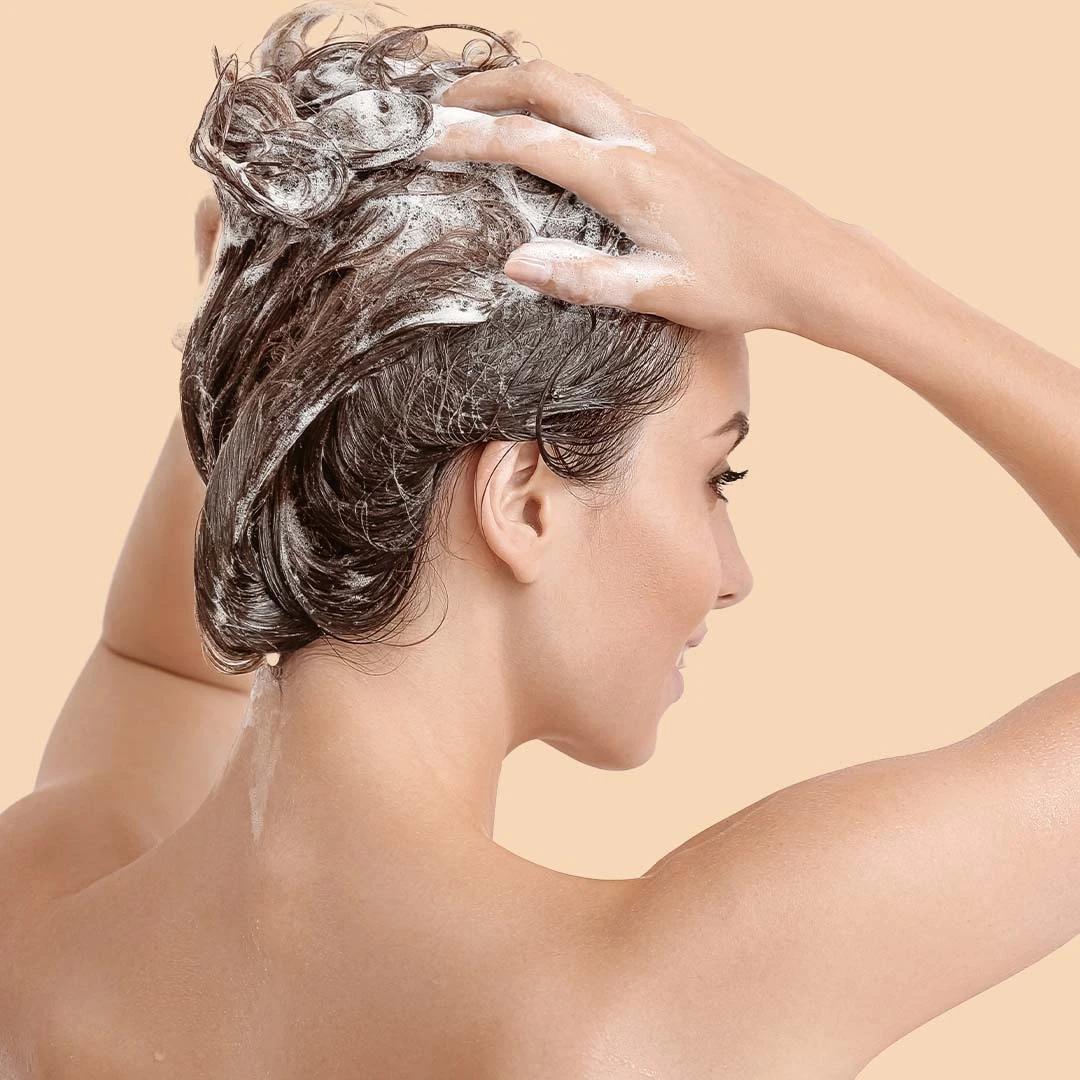can sometimes involve an adjustment period as your hair and scalp rebalance. Don't worry if things feel different at first—this is completely normal and usually temporary.
Managing the Detox Phase
Your hair might feel greasier or different for the first few weeks as it adjusts to gentler cleansing. This detox phase happens because your scalp is used to overproducing oil to compensate for harsh stripping. Stick with it—most people see improvement within 2-4 weeks.
Adjusting Your Hair Care Routine
You might need to wash less frequently with natural shampoos since they don't strip your hair as aggressively. Start by extending wash days gradually. Also, natural shampoos often require a bit more product and massage time to work effectively.
Complementary Chemical-Free Hair Products
Pair your new shampoo with other natural products like chemical-free conditioners, leave-in treatments, or natural oils. This creates a cohesive routine where all products work together without conflicting ingredients.
Frequently Asked Questions
Are chemical-free shampoos as effective as conventional ones?
Yes, but they work differently. While they might not create the same intense lather, they clean effectively without stripping natural oils. Many people find their hair feels healthier and more balanced with natural formulas, though it might take time to adjust.
How often should I use chemical-free shampoo?
This depends on your hair type and lifestyle. Most people find they can wash less frequently with natural shampoos—perhaps 2-3 times per week instead of daily. Oily hair types might still need more frequent washing, while dry hair might need even less.
Can chemical-free shampoos help with hair growth and thickness?
While no shampoo can dramatically change your hair's growth rate or thickness, gentler formulas can reduce breakage and create better scalp conditions for healthy hair growth. Ingredients like rosemary, peppermint, or biotin in natural shampoos may support overall hair health.
Are all-natural and organic shampoos the same as chemical-free?
Not necessarily. "Natural" and "organic" can mean different things to different brands. Always read ingredient lists to ensure the product truly avoids the chemicals you want to skip, like sulfates, parabens, and synthetic fragrances.
How do I know if a shampoo is truly chemical-free?
Read the full ingredient list rather than relying on front-of-package claims. Look for recognisable, plant-based ingredients and avoid long chemical names. Certifications from organic or natural beauty organisations can also help verify claims.
Final Thoughts
Finding the best chemical-free shampoo for your hair is worth the effort. Your hair and scalp will thank you for choosing gentler, more natural ingredients that clean effectively without the harsh side effects. Remember, the transition might take some patience, but many people discover that natural formulas leave their hair feeling softer, healthier, and more balanced than ever before. Whether you opt for a ready-made natural shampoo or experiment with DIY methods, the key is finding what works for your unique hair needs and sticking with it long enough to see the benefits.


 160 gm
160 gm 200 ml
200 ml 340 ml
340 ml 180 ml
180 ml